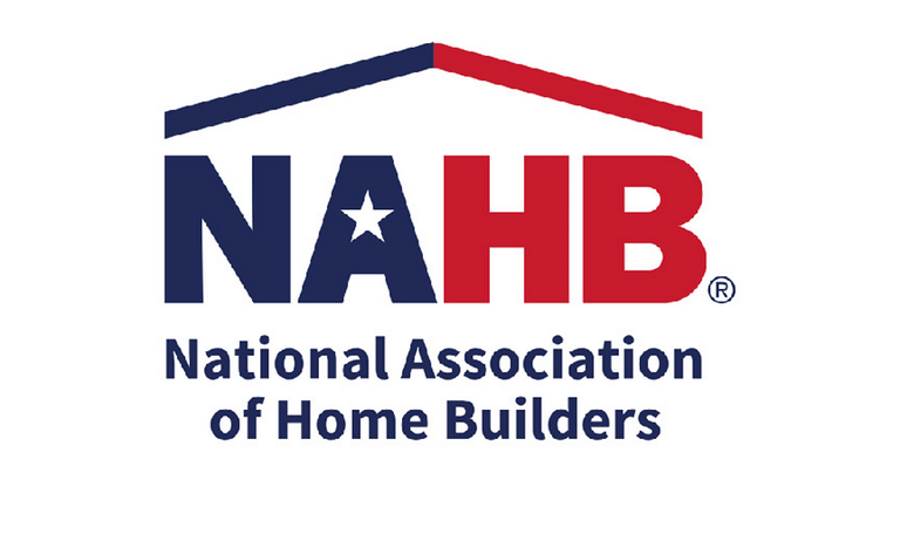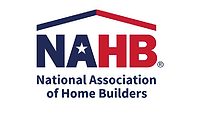90 Organizations Urge DHS to Designate Residential Construction 'Essential'

In an effort spearheaded by the National Association of Home Builders (NAHB), 90 companies and organizations today called on the Department of Homeland Security (DHS) to designate construction of single-family and multifamily housing as an "Essential Infrastructure Business."
In a joint letter to Acting Secretary of Homeland Security Jack Wolf, the 90 organizations and suppliers said that this action is urgently needed to help stabilize the housing industry and its supply chain in the near term.
"As cities and states issue declarations and public health orders as a result of the crisis, it is essential that communities have access to our professionals to build and maintain essential services including: building, plumbing, residential property management, rental housing operators, roofing, electrical, HVAC systems, waste/wastewater treatment plants and power generations," the letter stated. "Home construction, including those industries listed above, should be designated as 'essential' because it is necessary to maintain safety, sanitation and economic security."
"As housing goes, so goes the economy," said NAHB Chairman Dean Mon, a home builder and developer from Shrewsbury, N.J. "Construction of single-family and multifamily housing is essential to the economy and should be allowed to continue under a remain in place order."
To keep the housing sector running during this economic crisis caused by the COVID-19 pandemic, DHS should take the following actions:
- Permit government functions related to the building and development process, such as inspections, permitting and plan review services, to be modified to protect the public health. This can be done in a way that allows these functions to continue and serve the construction of housing, such as allowing qualified private third-party inspections in case of a government shutdown.
- Allow supply stores, distributors and manufacturers of building products necessary to serve the construction, repair and maintenance of housing to operate.
- Let those working in building trades continue to maintain the essential operation of residences and other operating businesses.
A large majority, if not all land development and residential construction job tasks, fall within the Occupational Safety and Health Administration's (OSHA) Lower Exposure Risk jobs. Working on a new unfinished home site occurs primarily outdoors and does not involve going onto a location occupied by residents or a public location, and there is minimal (if any) physical or transactional contact with customers compared to other customer/client relationships.
"Housing is currently 14.6% of Gross Domestic Product and a major engine of the economy," the joint letter to DHS stated. "Keeping the men and women of the industry building must be a priority. If the construction industry and its supply chain is disrupted, it creates a domino effect leading to dire negative economic repercussions for an already-burdened economy."
Keep up with the latest COVID-19 Resources, visit nahb.org.
Looking for a reprint of this article?
From high-res PDFs to custom plaques, order your copy today!





